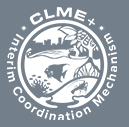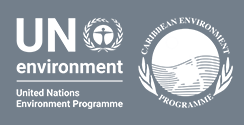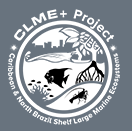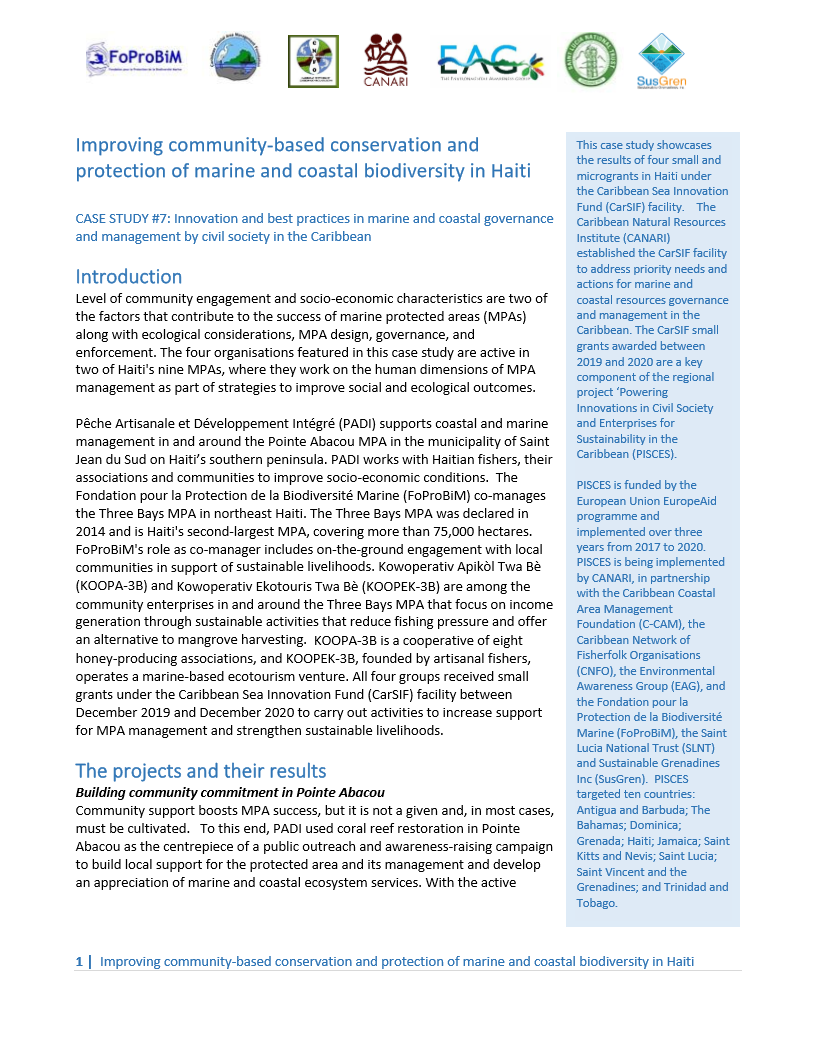
Case study on Improving community-based conservation and protection of marine and coastal biodiversity in Haiti
Level of community engagement and socio-economic characteristics are two of the factors that contribute to the success of marine protected areas (MPAs) along with ecological considerations, MPA design, governance, and enforcement. The four organisations featured in this case study: Pêche Artisanale et Développement Intégré (PADI); Fondation pour la Protection de la Biodiversité Marine (FoProBiM); Kowoperativ Apikòl Twa Bè (KOOPA-3B); and Kowoperativ Ekotouris Twa Bè (KOOPEK-3B), are all contributing to improving community-based conservation and protection of marine and coastal biodiversity in Haiti. They are active in two of Haiti's nine MPAs: the Pointe Abacou MPA in the municipality of Saint Jean du Sud on Haiti’s southern peninsula; and the Three Bays MPA in northeast Haiti, where they work on the human dimensions of MPA management as part of strategies to improve social and ecological outcomes. This case study was produced via CANARI’s Caribbean Sea Innovation Fund (CarSIF) small grants project under the regional project ‘Powering Innovations in Civil Society and Enterprises for Sustainability in the Caribbean’ (PISCES), which was funded by the European Union EuropeAid programme and implemented by the Caribbean Natural Resources Institute (CANARI) from 2017 to 2021.
 3
3


 Report issue
Report issue









